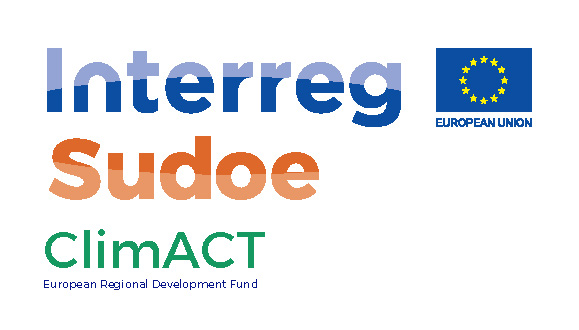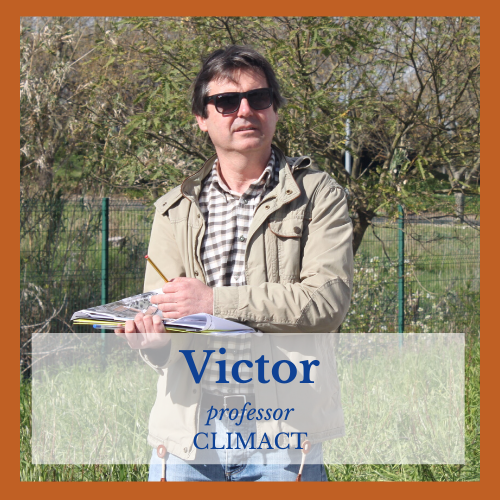School buildings represent more than 12% of the energy consumption of tertiary sector buildings in Europe. Given this reality, the CLIMACT project proposed to support the transition to a low carbon economy in these establishments.
For this, a series of audits were carried out in 39 pilot schools, monitoring their energy and water consumption, air quality, waste management, mobility, green spaces and sustainable purchases. Starting from there, a series of tools were developed to optimize their consumption and identify the measures to be implemented, with the support of a benchmarking platform that allows visualizing the environmental impact of each centre and comparing it with the others and a support tool for taking decisions, based on the analysis of the life cycle and costs. To fill the lack of knowledge about financing and legislation, methodological guidance guides were created for business models and energy management strategies as well as a platform on existing resources. Another of the great pillars of the project has been the training of students on environmental issues for which an educational platform was developed. It includes educational tools based on active learning and gamification techniques. There is also the CLIMACT academy that offers training actions for all the value chain actors. Finally, a thematic network on low carbon economy was promoted in schools, built through the LivingLab methodology.
The CLIMACT project has enjoyed great success with the training of at least 1887 teachers, 14193 students and 6214 members of the school community. Over the three years of the project, a total of 356 actions were promoted, with the participation of some 23781 participants, leading to the environmental improvement of 95% of the participating schools. On the other hand, the project has participated in 3 European awards: Regiostars 2018 (shortlisted), Slam of Interact 2018 (second prize winner) and EU Sustainable Energy Award 2019 (prize winner). The project counts on several publications in scientific journals and a LAYMAN report.
Regarding the continuity of the project, sensors were installed in each of the schools that will allow the energy monitoring of the centres to continue. Each centre had a low carbon structure composed of a coordinator, a commission and a brigade whose roles were assumed by teachers and students and will be maintained in the future. The pilot products have been institutionalized in Portugal by ABAE, responsible for the ECO-Escolas program. Likewise, the Government of Gibraltar has institutionalized the entire process by creating the Gibraltar Sustainable Schools Program, based on the CLIMACT methodology.




